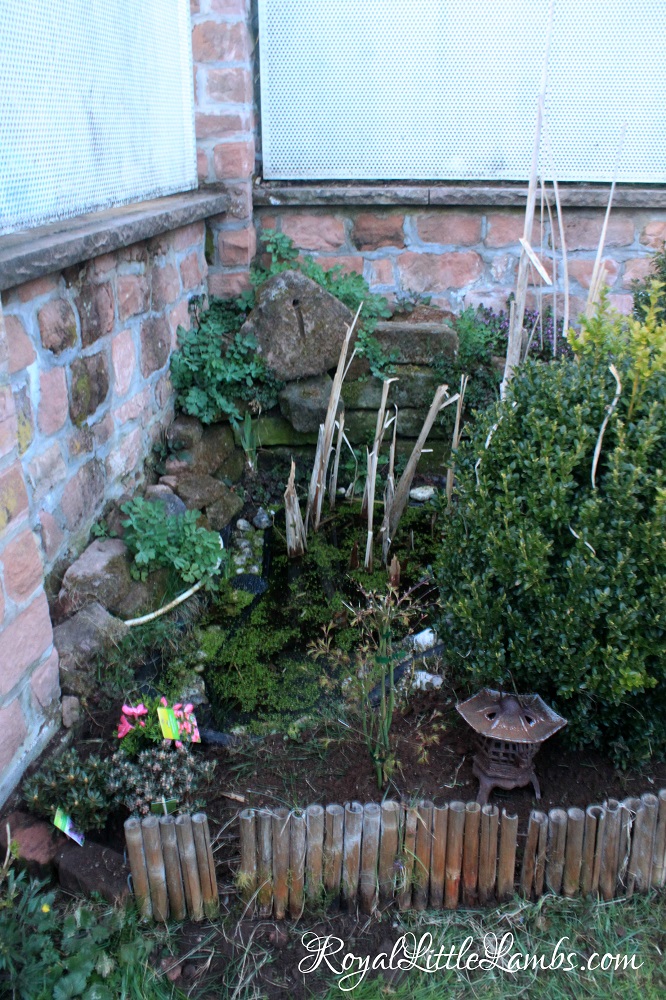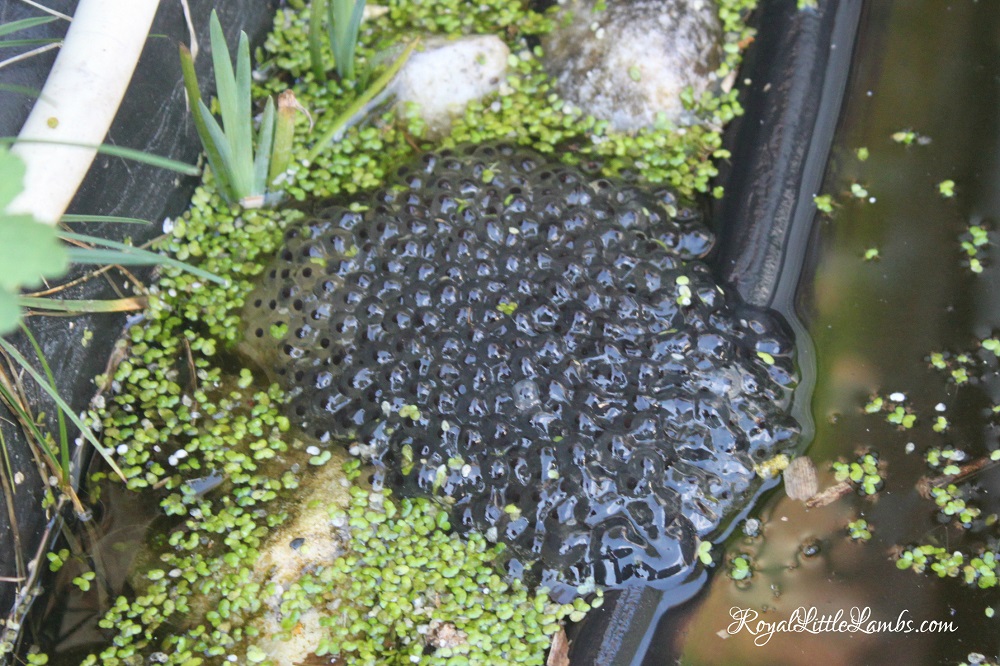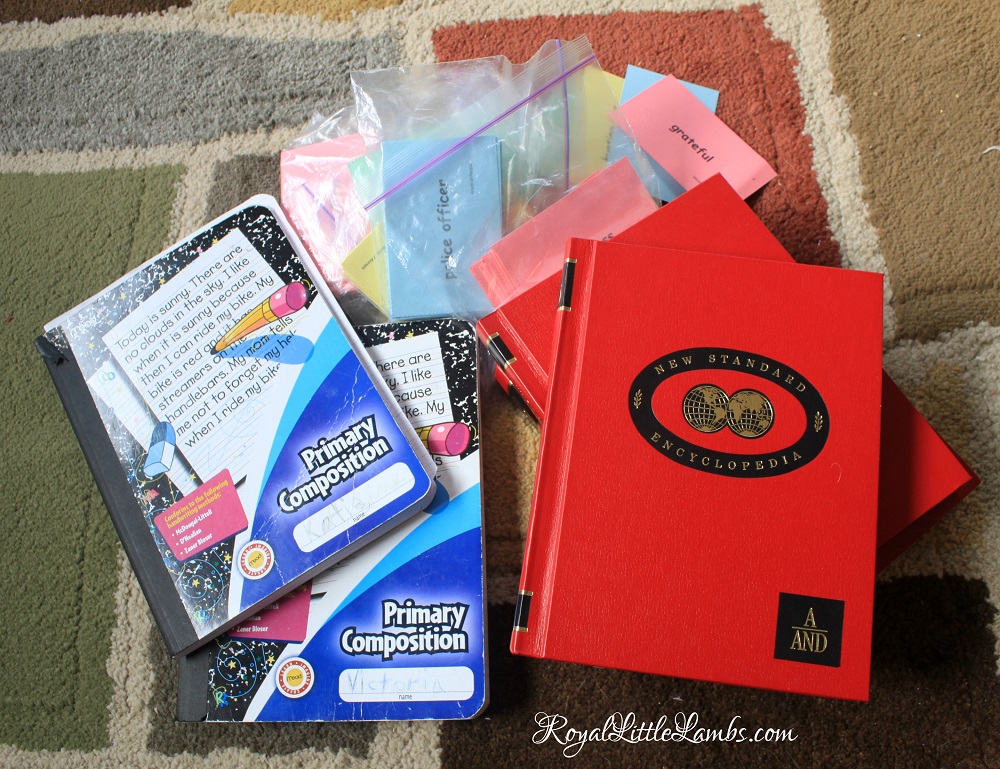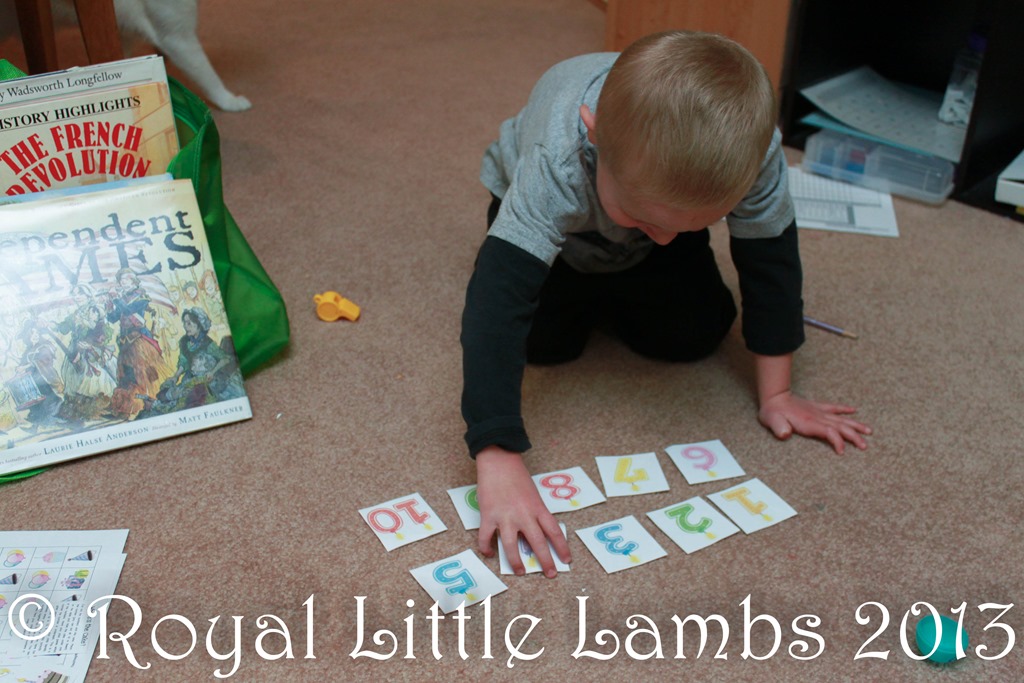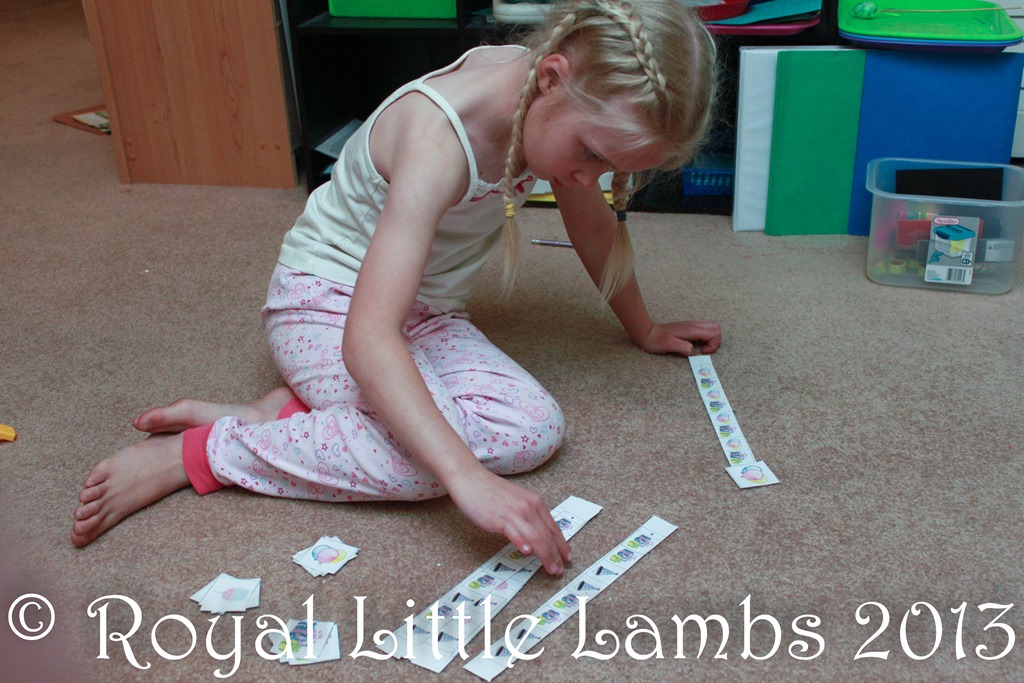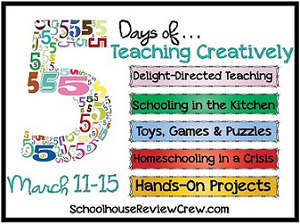School should be unnecessary.
Education is important, but school should not be necessary.
I realize our society is built upon two parents working full-time, all day every day, and therefore children are sent away to nurseries as soon as mothers must return to work after the birth, then to day care, and then school because nothing else is feasible. Parents must work to survive, and pay student debts, or at least to pay for childcare.
Our society’s children are essentially raised by people other than parents from as early as four to six weeks to eighteen years, when they typically graduate from high school.
Reasons people advocate for schools:
- Adults work full time and need child care.
- Adults think their kids need forced socialization.
- It prepares kids for the real world/workforce.
- Adults can’t help children with their homework.
- It’s mainstream.
If anything, this recent quarantine has shown Western society how little the current idea of school is necessary or useful.
Millions of kids forced home to “do school” online, with worksheet packets, with little to no actual instruction, inflated grading, little or no assistance.
Parents were stressed, ignorant, frustrated, confused by suddenly schooling their kids at home.
After decades of expecting kids to attend school and be babysat and instructed by teachers, parents suddenly had to step in and spend time with their kids? While working from home and doing household chores? GASP.
Is it that parents suddenly have a new respect for teachers?
Of course not.
Parents complain and criticize and ridicule and question teachers, not that teachers are perfect, but they are educated and trained and tested and certified to teach their subjects to students.
All the social media posts saying that teachers need to be paid more isn’t really the answer. (but of course they need to be paid more – and respected more.)
The fact that parents can’t help or complete the assignments elementary children were given says a lot about the quality or usefulness of the assignments.
It’s made many realize how difficult it is to force children to do things that are unnatural, uninteresting, and not fun. Irrelevant lessons with no real world counterparts that make little sense or have no application for kids’ futures.
The quarantine definitely exposed the disparity between rich and poor, white and children of color.
Those with the resources certainly have a higher rate of success than those who do not.

There are lots of problems with the current model of schooling.
There are equity issues. The rich kids get vastly different schooling than the poor kids. There is racial profiling in schools.
We should limit or eliminate all the testing. We are not teaching critical thinking. We are eliminating history education. We should be out of our comfort zones!
No tolerance bullying? Ha! What about the teachers being bullies? The entire system is based on humiliation and shame. Why are there cops in school?
Violence in schools is a system of a larger societal problem, but it’s very scary and no one is doing anything helpful about it.
I Quit Teaching
When I taught middle school and high school, I soon knew the system was broken, but I didn’t really have words to express it then.
It was especially hard having come out of a university program that was supposed to prepare me to teach “inner city minorities” and then see those school systems continually set those children up for failure. I was constantly up against authorities (even Black principals!) who cited the rules and traditions that made no sense to me because they obviously weren’t helping and were even harming the students. The irony of my master’s degree classmates who then went on to teach in rich white schools. My university no longer offers this teaching program. I wonder why.
I was 21 years old, and I got a job teaching high school – 9th and 10th grade. I really didn’t have enough preparation for boundaries with teens when I was barely out of my teens myself. I had no mentors to help me with anything. I was really an ignorant white girl who thought I was going to be a savior for teaching literature. I grew up very isolated and alienated and didn’t even know much slang or history or current events and I was in no way prepared for how mean teens can be to a young teacher. There was very little support and a lot of negativity and complaining.
I felt like I was constantly at war with the system just to teach my students. Other teachers would look through the class lists before school began and warn the other teachers about certain students, which was so disheartening! I loved them and I loved teaching them how to love literature. Some of my favorite moments were seeing that little light of wonder in a big tough guy’s eyes who had never been exposed to Greek plays or dystopian novels and thought all school is drudgery. I had Latino boys doing skits on Medea and they loved it. I had huge football players reciting and writing poetry. A huge win was when my student Jamarious completed an amazing writing assignment.
But why is it the English teacher seems to be the one that doubles as a counselor?
I got reprimanded multiple times for interfering or being unprofessional, when I was desperately trying to keep my students safe from their own families and social situations.
I had a student who is a Black lesbian in 10th grade confide in me that her parents beat her because she was gay, and they forced her to attend church. The actual school counselor just shrugged when I reported it.
I had a poor White student in 8th grade who was being abused and neglected at home bring a bag of razor blades to school, so I requested the help of the school counselor, but I was almost prosecuted by the school resource officer for not reporting a weapon in the school building.
I had an autistic student who loved to give me full-frontal hugs, and luckily, his mother worked in the same school, so I was never accused of inappropriate contact.
It sucked that I couldn’t be a human.
I had a student accuse me of assault when she blocked my classroom doorway and I tapped her elbow. I couldn’t hug students who very obviously needed it. I always had to be super careful what I said. I got reprimanded by administration for telling my 10th graders their essay assignment was generally “crappy” because a student’s parent complained that I was vulgar. I couldn’t have books in my classroom without someone complaining of the content. Specialists use words like “rigor” & “canon” and “literary merit.”
I didn’t feel comfortable dining out in the same town where I taught in case I was seen by students and their families, or even other employees with whom I worked.
Several 8th graders mentioned me in their online diary forum and their parents complained to administration, like I have control about what kids do outside my classroom? I cannot imagine teaching with all the technology and smartphones and social media now. There are no repercussions and teachers have no support. This Indiana teacher was filmed on students’ TikToks and received no assistance from administration or fellow teachers. And there are so many instances of teachers being filmed without permission and bullied online.
Parents were a huge hindrance when I taught in public middle and high school. They apparently criticize everything I said and did. I was forced to change due dates, allow late work, apologize for things I said or didn’t say, or for things students imagined I said or misconstrued. Administration backed everything a parent said, no matter what. I felt like I was constantly called into the principal’s office to set out fires instead of preparing lessons and teaching.
When I moved on to teach writing at a local state university, the system wasn’t much better, even though the students paid for their time there. Parents still tried to complain!
Being an adjunct English professor seems more trouble than it’s worth. My department chair came to me crying in the public restroom at my university, about 15 years ago, telling me she was stepping down from chair to professor because she was told by the dean to encourage the department to inflate grades. She informed me she respected me for giving students fair grades that the students earned and that it was going to be much harder for everyone in the future.
I have taught in public high school, public middle school, private Christian school, private tutoring, and a local university.
I ended my teaching career when I moved out of state and stopped teaching. But I do still miss it sometimes.
Now that my kids are grown and teens and embarking on college courses, I realize I can never teach again. The system is broken beyond repair.
So many different kinds of families choose homeschooling to educate their children.
I don’t want to address the issues about evaluating home schools. Yes, I realize there have been abuses. Yes, I realize there are horrible misuses of powers and evil teachings when there is no oversight. I don’t have solutions or answers for all of it.
If adults who live in the real world and work don’t understand the things that children are being taught in schools, then are they really necessary for a successful life? What is education preparing children for other than taking tests? What workforce are children being groomed for with this “knowledge”? The real world requires a diversity of talent, ideas, and knowledge – not just a regurgitated curriculum of facts.
~Happiness is Here
It was not a smooth transition for us into homeschool.
While we never began public school, there was still some deschooling to accomplish on my part, and on the part of my husband. We were both public schooled. There were some rocky beginnings.
My eldest daughter attended day care and private preschool. We experienced year one and year two of our homeschooling journey in Texas, before PCSing. Those years laid a foundation for how our family wanted to approach learning.
Not only is risky play beneficial to children’s health and development but that depriving them of it can cause harm. Risky play is nature’s way for children to teach themselves emotional resilience and learn how to manage and overcome their fears.
Peter Gray
I do realize that homeschooling is a privilege. We struggled financially in the beginning as I was unable to find work and therefore couldn’t afford child care on a never-ending job hunt. So, I stayed home and then had more children and just never looked back.
Please read this excerpt from Weapons of Mass Instruction: A Schoolteacher’s Journey Through the Dark World of Compulsory Schooling by John Taylor Gatto:
Consider this: during WWII, American public schools—first in urban areas, then everywhere—were converted from phonetic ways of instruction (the ancient “alphabet system”) to non-phonetic methods which involved memorizing whole word units, and lots of guessing for unfamiliar words. Whites had been learning to read at home for 300 years the old-fashioned way—matching spoken sounds to written letters—and white homes preserved this tool even when schools left it behind. There was a resource available to whites which hardly existed for blacks. During slavery, blacks had been forbidden to learn to read; as late as 1930 they averaged only three to four years of schooling. When teachers stopped teaching a phonetic system—known to work—blacks had no fallback position.
Far from production as an ideal, it was consumption that had to be encouraged. School had to train in consumption habits: listening to others, moving on a bell or horn signal without questioning, becoming impressionable—more accurately, gullible—in order to do well on tests. Kids who insisted on producing their own lives had to be humiliated publicly as a warning to others.
A pathological state of youth, heretofore unrecognized by history, was designed by G. Stanley Hall of Johns Hopkins University. He called it adolescence and debuted the condition in a huge two-volume study of that name, published in 1904. Trained in Prussia as behavioral psychologist Wilhelm Wundt’s first assistant, Hall (immensely influential in school circles at the beginning of the 20th century) identified adolescence as a dangerously irrational state of human growth requiring psychological controls inculcated through schooling.
In thirty years of teaching kids, rich and poor, I almost never met a learning-disabled child; hardly ever met a gifted-and-talented one, either. Like all school categories, these are sacred myths created by human imagination. They derive from questionable values that we never examine because they preserve the temple of schooling.
School is a religion. Without understanding this holy-mission aspect, you’re certain to misperceive what takes place there as a result of human stupidity or venality or class warfare. All are present in the equation; it’s just that none of them matters very much—even without them, school would move in the same direction. Ordinary people send their children to school to get smart, but what modern schooling teaches is dumbness. Old-fashioned dumbness used to be simple ignorance. Now it’s been transformed into permanent mathematical categories of relative stupidity, such as “gifted and talented,” “mainstream,” and “special ed”—categories in which learning is rationed for the good of the system and the social order. Dumb people are no longer merely ignorant. Now they are dangerous imbeciles whose minds must be conditioned with substantial doses of commercially prepared disinformation for tranquilizing purposes.
Why, then, do we allow schooling to remain the way it currently exists?
Culture of learning by Racheous:
- What are you interested in learning more about?
- What do you want to learn about that specifically?
- What projects have you been thinking about doing?
- What would you like to create?
- What skills would you like to improve on?
I am very concerned about what is happening in the Florida school system, removing and banning books, not allowing history education. An entire state changing policy for a national testing program. What happens if these ideas are adopted in other states? in our whole country?
The entire modern education system has basically been a colonizing exercise in white studies. We have been and continue to be trained to see and value ourselves and others, our ideas about intelligence and language, our relationship with the natural world, our connection to past and future, our notions of leisure and our sense of happiness, beauty and security through the prism of the white monoculture mind. Everything outside of this is essentially seen as inferior, ‘cute’ or antiquated. Even the term ‘global’ (as in ‘think globally’ or global networks and global solutions) is a masked way to extend and legitimize the arrogant spell of ‘whiteness’. In our collective struggles to decolonize in this historical moment, are we ready to dismantle and re-imagine the military-industrial schooling system and its inherent knowledge/cultural hierarchy. Or are we content with calls for more ‘inclusion’ and ‘reform’ in the same old game?
Manish Jain
Schools are designed around bullying, manipulation, humiliation, constant evaluation. There is no freedom or encouragement for critical thinking or enjoying learning. It kills everything interesting.
Kids are people, and they respond just as adults do to micromanagement, to severe restrictions on their freedom, and to constant, unsolicited evaluation.
Peter Gray
As adults, we assume that we have the right to decide what does or does not interest us, what we will look into and what we will leave alone. We take this right for granted, cannot imagine that it might be taken away from us. Indeed, as far as I know, it has never been written into any body of law. Even the writers of our Constitution did not mention it. They thought it was enough to guarantee citizens the freedom of speech and the freedom to spread their ideas as widely as they wished and could. It did not occur to them that even the most tyrannical government would try to control people’s minds, what they thought and knew. That idea was to come later, under the benevolent guise of compulsory universal education.
The requirement that a child go to school for about six hours a day, 180 days a year, for about ten years, whether or not he learns anything there, whether or not he already knows it or could learn it faster or better somewhere else, is such a gross violation of civil liberties that few adults would stand for it. But the child who resists is treated as a criminal. With this requirement, we created an industry, an army of people whose whole work was to tell young people what they had to learn and to try to make them learn it.
John Holt, Escape from Childhood
My husband and I were talking the other day about how little worries this girl has. All of the girls, really. But particularly thinking back to when we were 11, or what we hear of other children her age (last year of primary school). She honestly has very little worries or stress. The only thing she is slightly worried about right now is that we won’t be able to go on our annual camping trip with friends this year.
Her experience is so different from what we know and it is so great to witness. By now children usually have so much on their shoulders. Keeping up with schoolwork, tests, a strict schedule, social dramas, just to name a few things. They have been trained to focus on the future, rather than the present. The next class they have, the next assignment, the next test they have to study for. An 11-year-old without that pressure is able to rest in the present moment. Sure, she fantasies about what her life will look like when she grows up, but there is no worry about it (even though she is naturally quite the planner!). She wakes up each day and does whatever her imagination tells her. Following her interests, discovering herself. It IS all preparation for the future, but the experience she is having compared to mine at her age could not be more different. And from what I can see the pressure has gotten a lot worse for kids these days.
When you first start out with a toddler you have no idea what an unschooled 11 year old will look like! There are not many examples. You wonder if you’re making the right decision. Will things work out ok? But now I can say… YES! It’s brilliant! YES we have protected her childhood. YES she is happy and thriving and learning. YES she has heaps of friends. YES she is confident and independent and capable. YES she still loves to learn. YES she is connected to her family. YES she is passionate and inspired. YES she is carefree and happy. So many things I wished for her, mostly that she was free to be a child and free to be herself.
It’s happening. There is another way, you just have to be brave enough to take it.
Happiness is here
In “developed” societies, we are so accustomed to centralized control over learning that it has become functionally invisible to us, and most people accept it as natural, inevitable, and consistent with the principles of freedom and democracy. We assume that this central authority, because it is associated with something that seems like an unequivocal good – “education” – must itself be fundamentally good, a sort of benevolent dictatorship of the intellect. We allow remote “experts” to dictate what we must learn, when we must learn it, and how we must learn it. We grant them the right to test us, to measure the contents of our brains and the value of our skills, and then to brand us in childhood with a set of numeric rankings that have enormous power over our future opportunities to participate in the economic and political life of our society. We endorse strict legal codes that render this process compulsory, and in a truly Orwellian twist, many of us now view it as a fundamental human right to be legally compelled to learn what a higher authority tells us to learn.
– Carol Black http://carolblack.org/occupy-your-brain
Ironically, I got good grades in school. My kids who attend college are getting good grades. But my kids have never attended regular public school, so they didn’t learn to jump through hopes or hate it.
Yes, maybe my children would get good grades at school. I’m really not interested in that at all. Being “good” at school doesn’t mean it’s not damaging.
Happiness is Here
In 1886, John Milton Gregory authored his most well-known work The Seven Laws of Teaching, which asserted that a teacher should:
- Know thoroughly and familiarly the lesson you wish to teach; or, in other words, teach from a full mind and a clear understanding.
- Gain and keep the attention and interest of the pupils upon the lesson. Refuse to teach without attention.
- Use words understood by both teacher and pupil in the same sense—language clear and vivid alike to both.
- Begin with what is already well known to the pupil in the lesson or upon the subject, and proceed to the unknown by single, easy, and natural steps, letting the known explain the unknown.
- Use the pupil’s own mind, exciting his self-activities. keep his thoughts as much as possible ahead of your expression, making him a discoverer of truth.
- Require the pupil to reproduce in thought the lesson he is learning—thinking it out in its parts, proofs, connections, and applications til he can express it in his own language.
- Review, review, REVIEW, reproducing correctly the old, deepening its impression with new thought, correcting false views, and completing the true.
We have come a long way from early schools in western society. We don’t encourage kids to think; we just require kids to regurgitate information for testing.
I don’t have answers. I am not a policy maker. But I know what I experienced as a student and as a teacher and now as a mother of kids in college. I have heard stories from other moms about their kids’ experiences in K-12. The system is broken.
I know the answer isn’t eliminating art, music, recess, all the fun electives. I know the answer isn’t longer days, fewer breaks, year-round school.
I know the answer isn’t adding Bible teaching or prayer in schools. The answer isn’t arming teachers. The answer isn’t more testing.
Resources:
Children, Learning, and the ‘Evaluative Gaze’ of School by Carol Black
How to Deschool YOURSELF Before Homeschooling Your Kids
6 Ways Schools Disempower Children
1.7 Million Students Attend Schools With Police But No Counselors, New Data Show
Black Kids Are 5 Times Likelier Than White Kids to Be Locked Up
We protest police in the streets, so why do we let police in our schools?
5 students tell you why they want police-free schools
Stop Stealing Dreams by Seth Godin
Teachers are Not the Heroes by Thomas White
How Teaching Interferes with Learning by John Holt
It seems we as a society never became comfortable to ask WHY SCHOOL?
You might also like:
- Homeschooling as a Military Family
- How We Learn
- My Educational Influences
- Stop Making Everything So Educational
- Homeschooling During Quarantine
- Secular Curriculum
- High School Homeschool
- Not Back to School
- What if kids ask to go to school?
Linking up: Anita Ojeda, Growing Garden, LouLou Girls, Suburbia, Jenerally informed, InstaEncouragement, Eclectic Red Barn, Pinch of Joy, Create with Joy, Silverado, Grammy’s Grid, Random Musings, Homestead, Pam’s Party, Jeanne Takenaka, Ducks in a Row, Fluster Buster, Joanne Viola, Soaring with Him, Ridge Haven, Penny’s Passion, Try it Like it, Slices of Life, Imparting Grace, Katherine’s Corner, Modern Monticello, Lisa Notes, Momfessionals, Answer is Chocolate, Pam’s Party, CWJ, Pieced Pastimes, Mostly Blogging,





